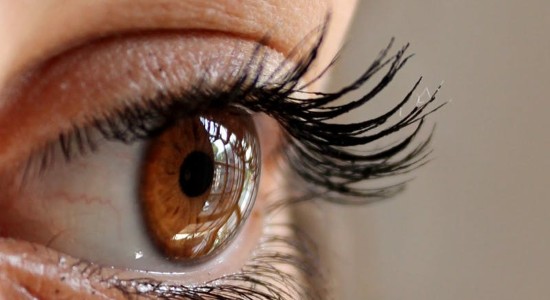We each have a unique relationship with food. From healthy meals to sweet snacks, food can influence many elements in life.
In fact, it’s not uncommon to associate either positive or negative emotions with food or mealtime, in general. Unfortunately, when negative emotions are associated with food, body image is usually impacted as well.
If you have trouble dealing with food, and that struggle has overflowed into other areas of your life, you know how frustrating it can be.
Yet, you don’t have to live your entire life under the thumb of these negative emotions. Here’s an effective way to help you deal with your food and body issues.
Locates the Real-Life Challenge
Starting out on this journey, you may not know what to do first. To encourage healing, a good first step is to locate the real-life challenges you face.
For example, do you dislike looking at yourself in the mirror because you see imperfection? Or, do you compare yourself to others or even hide underneath your clothes?
When it comes to food, have you avoided social situations or events because a meal will be served? Are you hiding a negative relationship with food from your family and friends, binging or being dishonest about the food you eat?
Eye Movement Desensitization and Reprocessing (EMDR) can help you locate those real-life challenges that cause you anxiety or stress daily. Furthermore, locating your specific challenge is a great way to encourage a new level of self-awareness.
Pinpoints and Addresses the Issue
Along with helping you locate real-life challenges, EMDR can help pinpoint where the challenges originated. Although an EMDR session entails more than a traditional talk therapy session, talking with your therapist will be part of the process.
During these guided discussions, your therapist will employ EMDR techniques that work to figure out why you feel the way you do. It’s a lot like connecting the dots or piecing together the parts of a puzzle.
Right now, you may not realize why you have such a negative relationship with food or deal with body issues. However, an EMDR-trained therapist will often make the connection in a short amount of time. Then you can work together to address the once hidden emotional problem that’s influencing you.
Works to Process Your Emotions
EMDR is unlike any other therapeutic treatment, because it doesn’t encourage you to relive the parts of your life you’d rather not remember.
Guided by a therapist trained in EMDR, you will be asked to recall certain memories or emotions as your eyes move back and forth. The combination of eye movement and remembering creates a sort of bypass to your brain.
Normally, recalling these moments in your life would be painful. Which is what EMDR avoids—reliving trauma is unnecessary for healing to occur.
Yet, EMDR has a way of accessing those painful memories without you feeling the pain you once did.
Empowers You by Assigning New Emotions
If bypassing negative emotions wasn’t phenomenal enough, EMDR also takes it a step further and helps you assign new emotions to old wounds.
Perhaps, you struggle with body issues and have a hard time dealing with food because of cruel comments from family or friends about the way you looked when you were younger. Thinking about these chapters in your life has caused you pain. They’ve likely been the driving force behind most of your real-life challenges.
EMDR can change that. As an EMDR therapist guides your eye movements and thoughts, it serves as a sort of emotional reassignment phase. Once fully processed, recalling those memories won’t cause you pain or motivate negative behavior anymore.
The best part of this emotional reassignment is that you’re free to address issues with food and to build your self-esteem. Before, the thoughts and emotions got in the way. In short, EMDR helps to empower you with new and positive emotions.
Take the first step…
If you’re ready to address a challenge dealing with food or body issues that may be impacting your life, I would like to help. Please contact me via phone or email so we can discuss how we might work together to achieve your therapeutic goals as quickly and effectively as possible.
I look forward to hearing from you.
Linda K. Laffey, MFT


